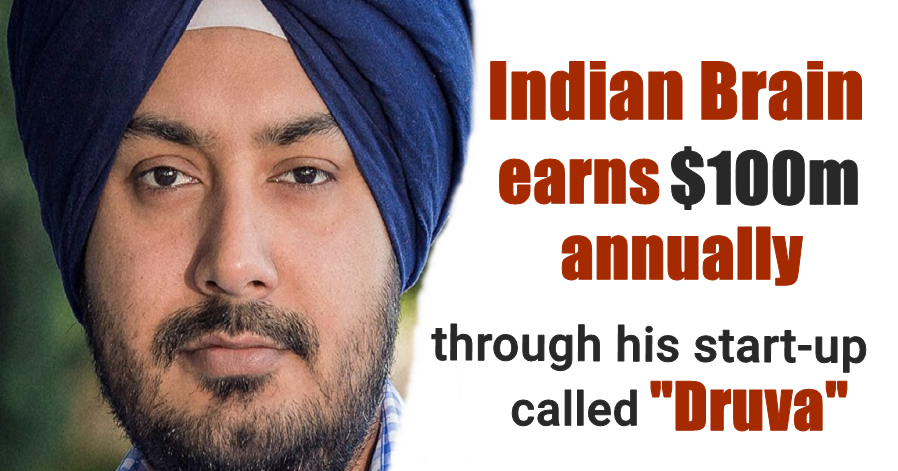No products in the cart.
26-yr-old woman interviews 100 convicted Rapists inside Jails, here’s what she found
Even today, India is still carrying an unwanted record which we people are aware of. The country’s failure to prevent rapes is haunting like hell. Rape is the fourth most common crime in the country.
The level of rape cases in our nation rose alarmingly. It is learnt that most of the rape cases were committed by someone known to the victim.
Meanwhile, Madhumita Pandey has a big story to tell from her experience because she has interviewed 100 convicted rapists in India.

Madhumita was only 22 years old when she first went to Tihar Jail in the national capital to meet and interview convicted rapists in the country. Over the past three years, she patiently interviewed 100 of them for her doctoral thesis at the criminology department of Anglia Ruskin University in the UK.
Her experience started in the year 2013, initially as a pilot project, months after the publicized gang rape and murder of a woman- “Nirbhaya” meaning “Fearless One.”
As per the National Crime Records Bureau, 34,651 women reported being raped in the year 2015, the most recent year on record.
‘Nirbhaya’ brought scores of Indians to the streets to protest the rape and violence against women in the year 2012. In that time, gender specialists rated India the worst place among G-20 nations to be a woman, terribly worse even than Saudi Arabia where women have to live under male guardian’s supervision.
“Everyone was thinking the same thing,” said Pandey, who was in England at that time, finishing off her master’s. “Why do these men do what they do? We think of them as monsters, we think no human being could do something like that.”
The protests also forced a national conversation about rape. Pandey, who raised and brought up in New Delhi, and it was when she saw her city in a new angle after the Nirbhaya case. She said “I thought, what prompts these men? What are the circumstances which produce men like this? I thought, ask the source.”
Since then, she spent weeks interviewing rapists and collecting some details in Delhi’s Tihar Jail. Most of the men she came across were uneducated and only a handful graduated high school. Also, many were third- or fourth-grade dropouts. “When I went to research, I was convinced these men are monsters. But when you talk to them, you realize these are not extraordinary men, they are really ordinary. What they’ve done is because of upbringing and thought process.”
In Indian households, especially in more educated families, women are often bound to conventional roles, Pandey said. “Many women won’t even use their husbands’ first names, she pointed out.” “As an experiment, I phoned a few friends and asked: what does your mom call your dad? The answers I got were things like ‘are you listening,’ ‘listen,’ or ‘father of Ronak’ (the child’s name).’”
“Men are learning to have false ideas about masculinity, and women are also learning to be submissive. It is happening in the same household, Pandey said. “Everyone’s out to make it look like there’s something inherently wrong with [rapists]. But they are a part of our own society. They are not aliens who’ve been brought in from another world.”
Pandey also said that hearing some of the rapists’ talk jogged the memory of her commonly-held beliefs that were often echoed even in her own household. “After you speak to [the rapists], it shocks you — these men have the power to make you feel sorry for them. As a woman that’s not how you expect to feel. I would almost forget that these men have been convicted of raping a woman. In my experience, a lot of these men don’t realize that what they’ve done is rape. They don’t understand what consent is.”
In the interviews, most men made false excuses or gave justifications for their actions. On the contrary, some denied rape happened at all. “There were only three or four who said we are repenting. Others had found a way to put their actions into some justification, neutralize, or blame action onto the victim.”
Talking about one case, participant 49, sent Pandey on a shocking journey. He expressed deep regret for raping a 5-year-old girl. “He said ‘yes I feel bad, I ruined her life.’ Now she is no longer a virgin, no one would marry her. Then he said, ‘I would accept her, I will marry her when I come out of jail.’”
The response triggered Pandey’s mind so much that she felt compelled to learn about the victim. The man also revealed details of the girl’s whereabouts in the interview. When she found the girl’s mother, she came to know that the family had not even been notified that their daughter’s rapist was in jail.
Pandey now hopes to publish her research in the coming months. “They think, here comes another feminist. They assume a woman doing research like this will misrepresent men’s ideas. Where do you begin with someone like that?” she said.












